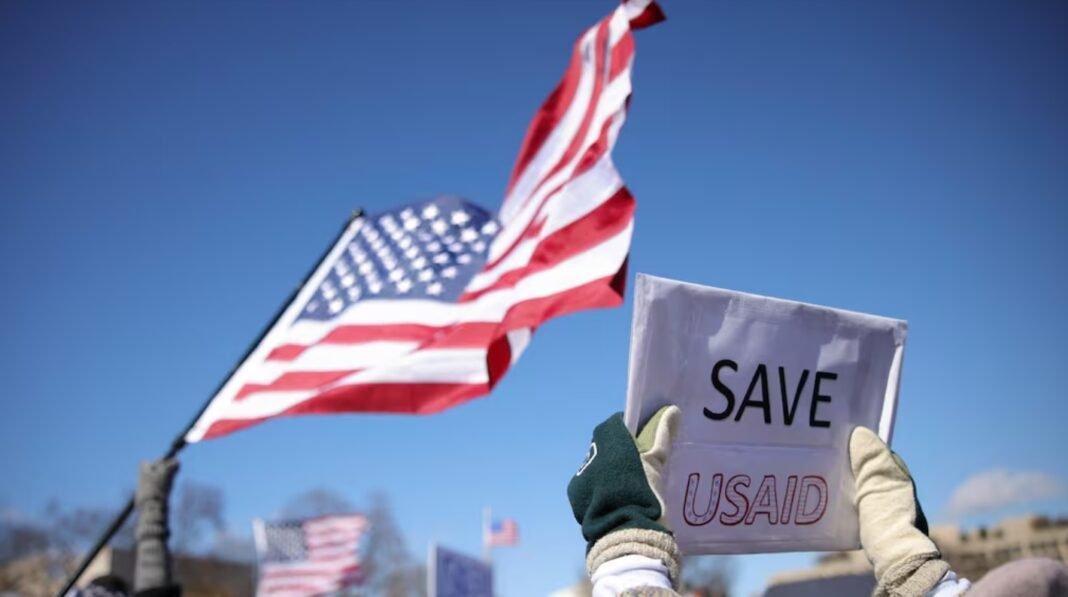Dramatic reductions in U.S. foreign development spending are putting immense pressure on the already fragile network of civil society organizations and nonprofits that serve as a critical line of defense for workers across the global fashion and apparel supply chain.
These groups—often small, local, and underfunded—have long played an outsized role in safeguarding labor rights in regions where legal protections are weak, enforcement is inconsistent, and the power imbalance between multinational brands and factory workers is stark. From providing legal aid to documenting abuses and advocating for safer working conditions, their work is essential to holding global brands accountable.
But now, with major funding streams drying up due to sweeping U.S. budget cuts, these organizations are struggling to stay afloat. Many are being forced to reduce staff, halt field operations, or close altogether—undermining years of progress toward more ethical and transparent supply chains.
“This isn’t just a funding issue,” said one executive at a labor rights NGO in Southeast Asia. “It’s a collapse of the ecosystem that gives workers any real chance of being heard, protected, or compensated when things go wrong.”
U.S. foreign aid has historically supported initiatives that monitor factory conditions, educate workers on their rights, and create the infrastructure for whistleblowing and dispute resolution. These programs serve as a backbone for corporate social responsibility efforts, especially in countries where governments lack the will—or capacity—to regulate labor practices.
Without them, watchdogs fear that violations like wage theft, forced overtime, union busting, and even modern slavery could increase. The timing is especially fraught, as inflation, economic instability, and geopolitical tensions place further strain on supply chains and the people working within them.
Although many fashion brands have publicly committed to sustainability and social justice, advocates warn that these pledges mean little without independent oversight. As U.S. government support recedes, the industry faces a reckoning: either step in to support these organizations directly or risk a growing gap between branding and reality.
Some brands are beginning to respond. A few large retailers are exploring direct partnerships with local labor organizations, and industry coalitions are lobbying for alternative funding sources. But the scale of the challenge is significant.
“If these groups disappear,” one supply chain expert noted, “there’s no one left to ask the tough questions or protect the people making the clothes.”
In a moment when transparency and ethics are currency in the global market, the erosion of this support system could have far-reaching consequences—not just for workers, but for the fashion industry’s credibility at large.






